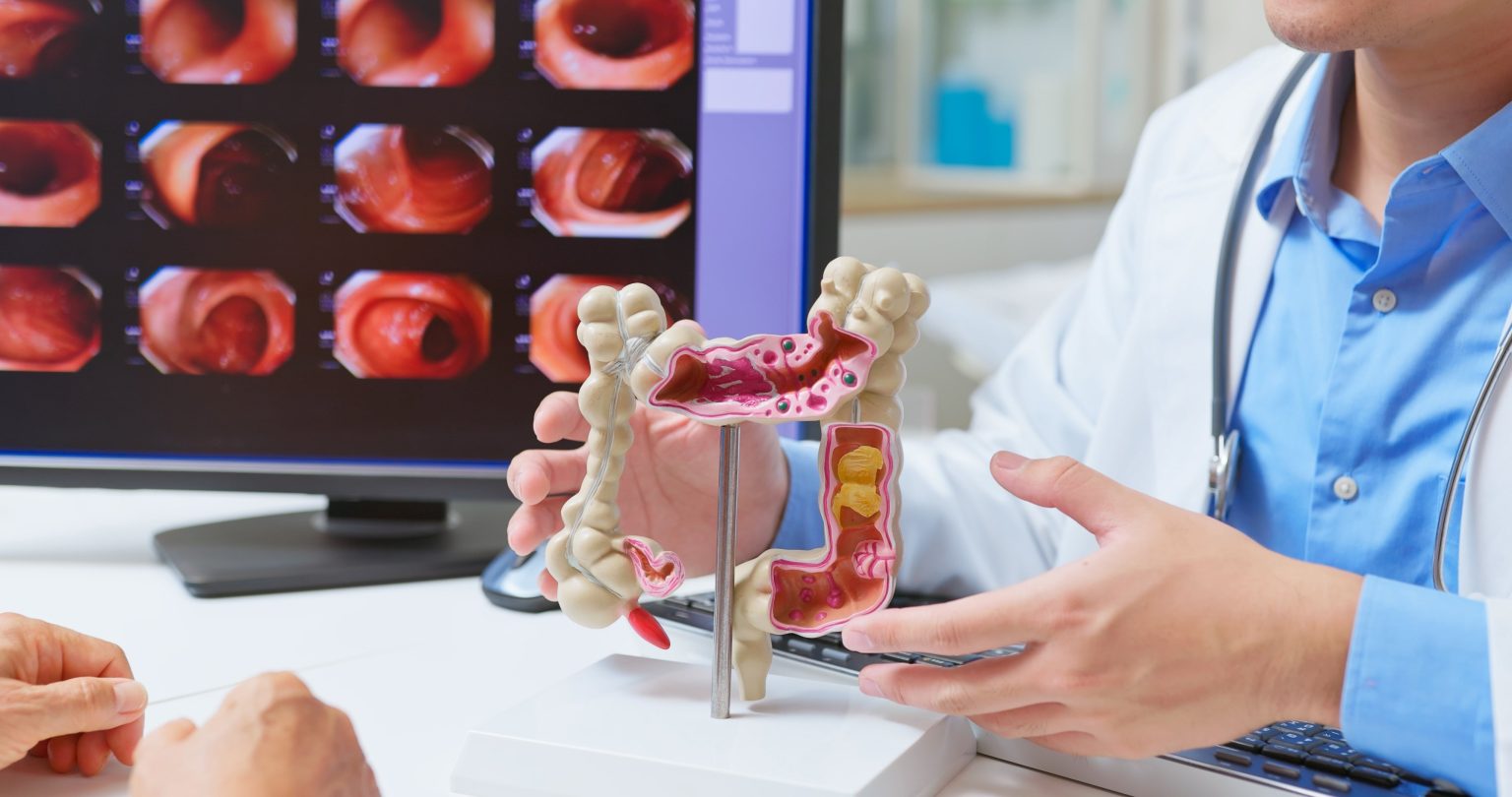A cutting-edge artificial intelligence (AI) system has been designed to estimate a person’s likelihood of developing more than 1,000 different medical conditions in a single assessment, raising hopes of earlier intervention and improved prevention strategies.
The model according to the new study, trained on anonymised health data, analyses both medical records and lifestyle factors to anticipate an individual’s future health risks over the next decade and beyond.
Conditions it can project range from cancers and heart disease to diabetes, respiratory illnesses and blood poisoning.
Researchers reported that the technology is most accurate when forecasting diseases with predictable patterns of progression, such as certain cancers and cardiovascular events.
Read Also: Actress Dayo Amusa clears the air on HIV rumours, shares test result
However, it performed less reliably in cases where outcomes are more variable, including mental health challenges and pregnancy-related complications.
Ewan Birney, interim executive director of the European Molecular Biology Laboratory (EMBL), who was involved in the work, said: “The future – and this is five to 10 years away – is when clinicians are enhanced and supported by these sophisticated AI tools.
“You walk into the doctor’s surgery and the clinician is very used to using these tools, and they are able to say: ‘Here’s four major risks that are in your future and here’s two things you could do to really change that.”
Unlike single-disease risk calculators such as Qrisk, which estimates the chance of a stroke or heart attack, the new tool – named Delphi-2M – offers predictions across the full spectrum of illnesses and for longer timeframes.
The system was trained using records from 400,000 participants in the Unite Kingdom (UK) Biobank and later validated against 1.9 million anonymised files from the Danish National Patient Registry.
Its developers say it not only identifies those at greatest risk, but could also guide policymakers in targeting resources more effectively.
The forecasts are presented in a style similar to weather predictions, with risks expressed as probabilities over time. Shorter-term estimates proved more precise than long-range forecasts, though the tool can generate meaningful predictions up to 20 years into the future.
Moritz Gerstung, head of the division of AI in oncology at the German Cancer Research Centre, who also worked on the project, said: “This is the beginning of a new way to understand human health and disease progression.
“Generative models such as ours could one day help personalise care and anticipate healthcare needs at scale. By learning from large populations, these models offer a powerful lens into how diseases unfold, and could eventually support earlier, more tailored interventions.”



